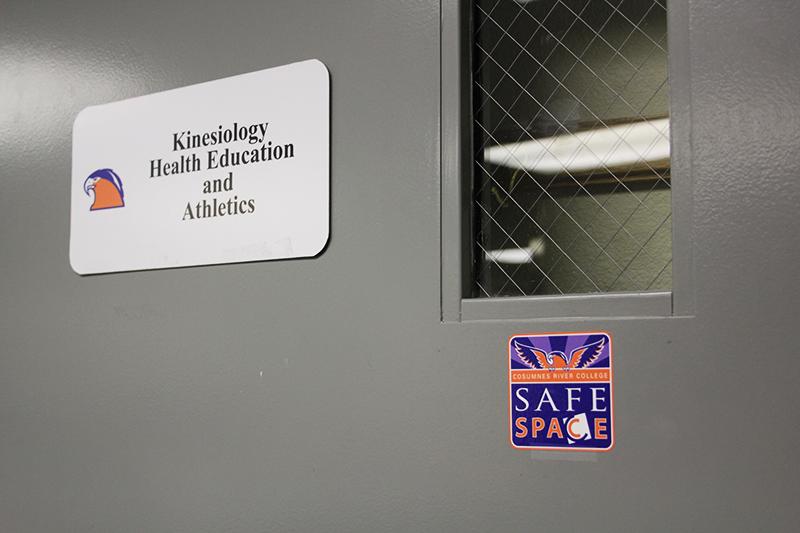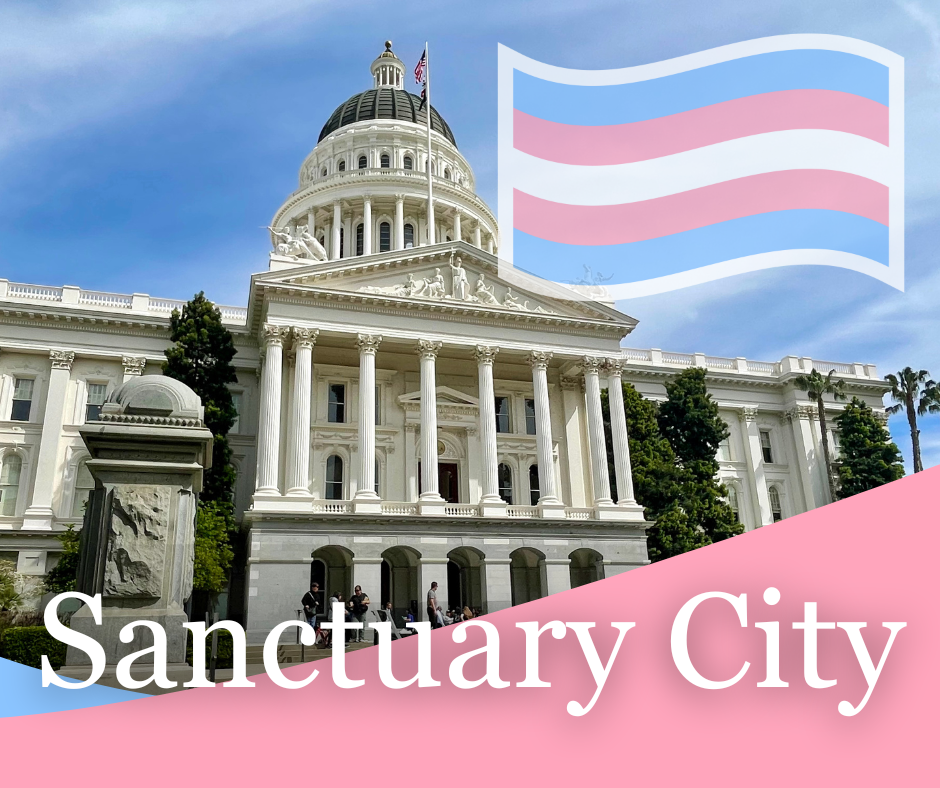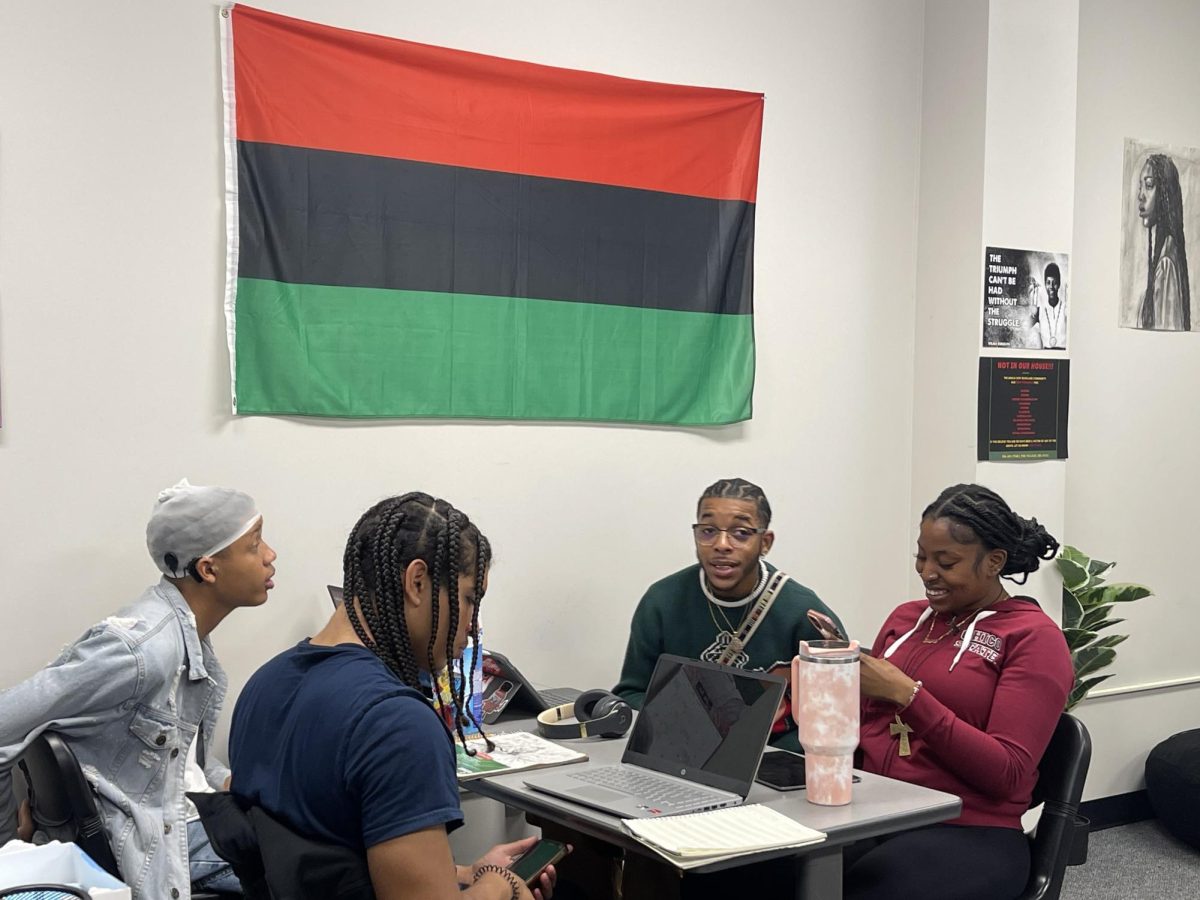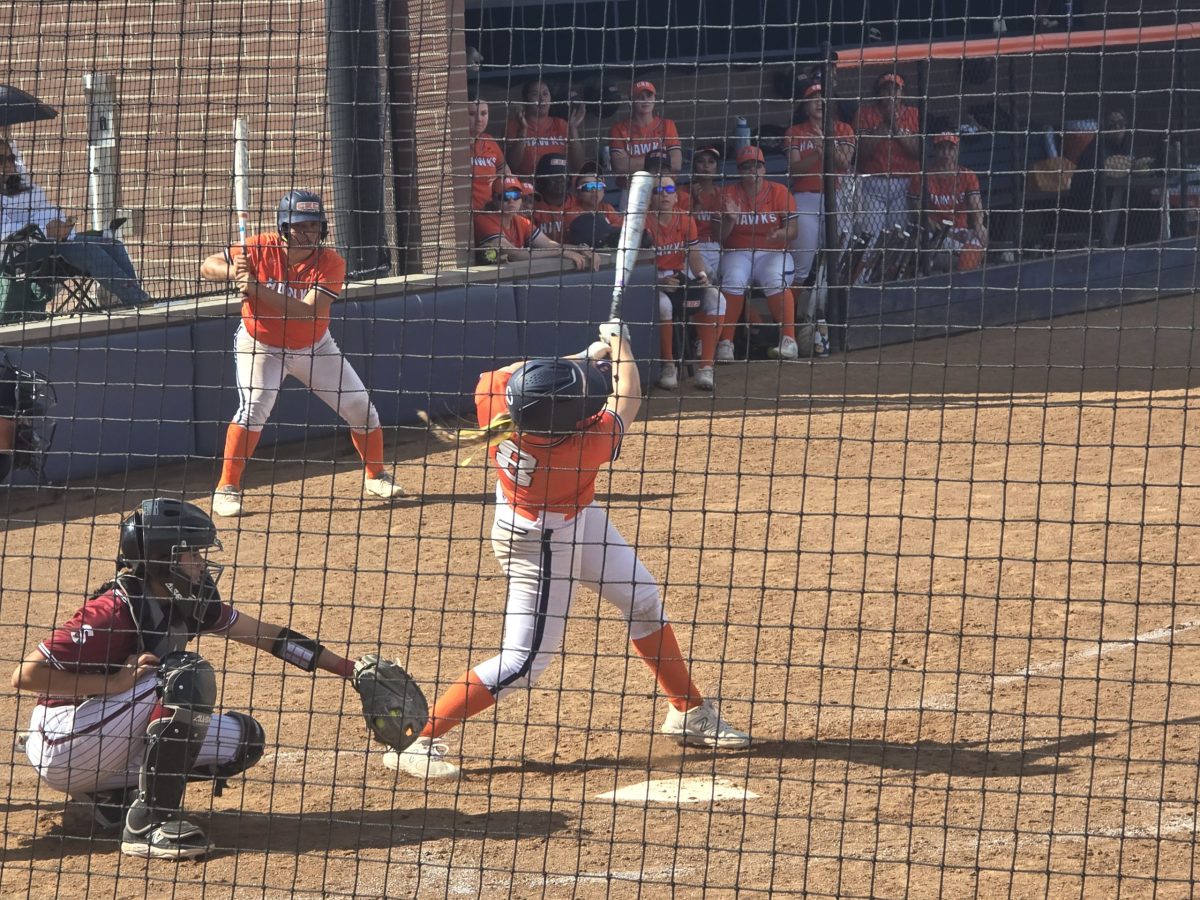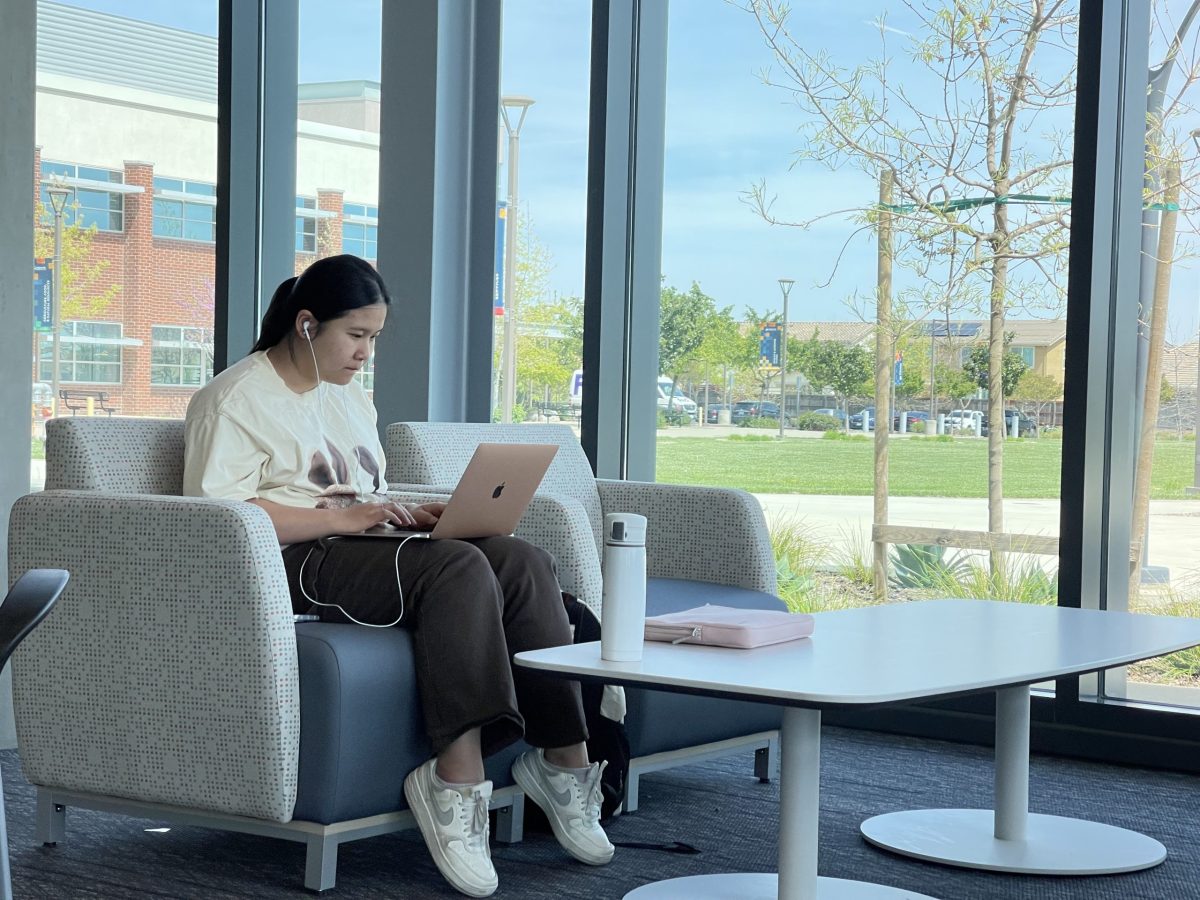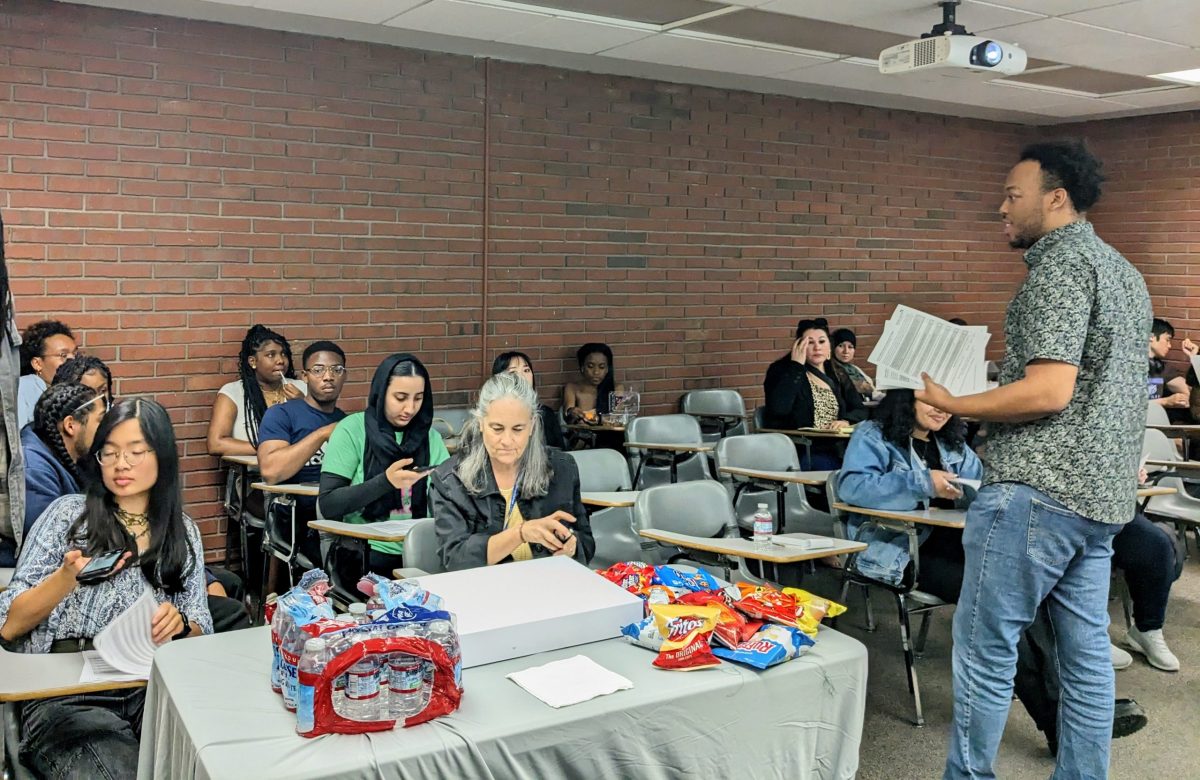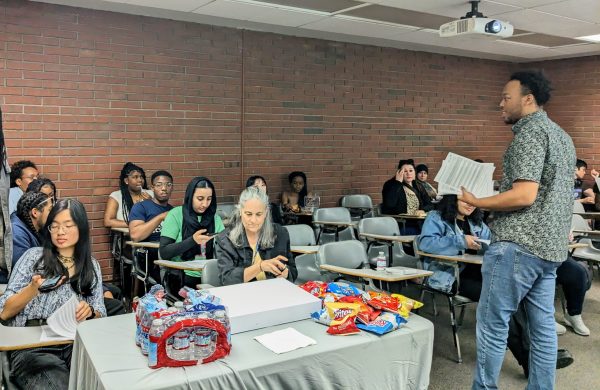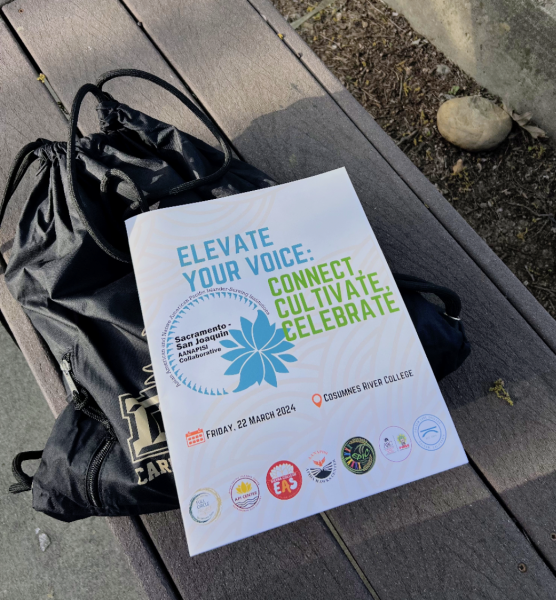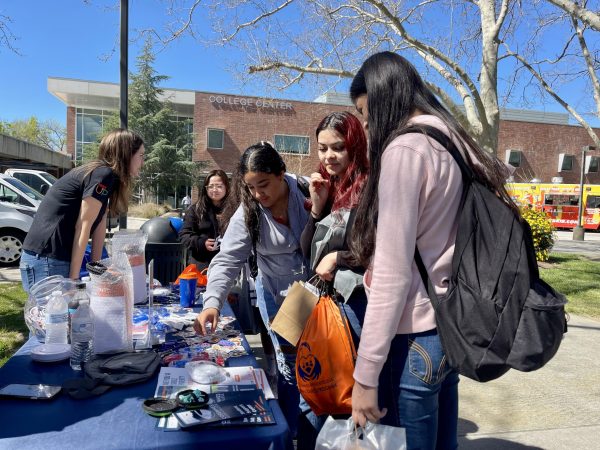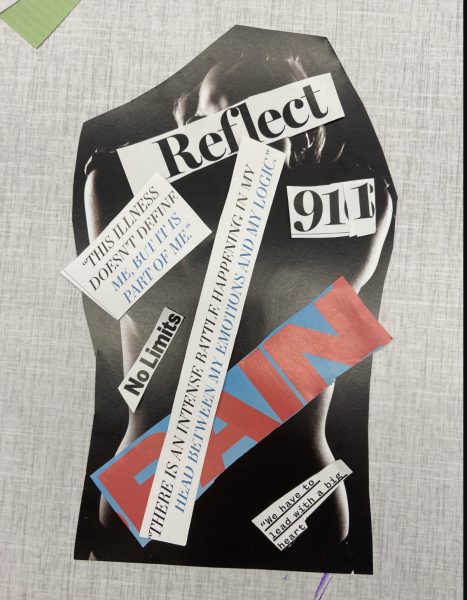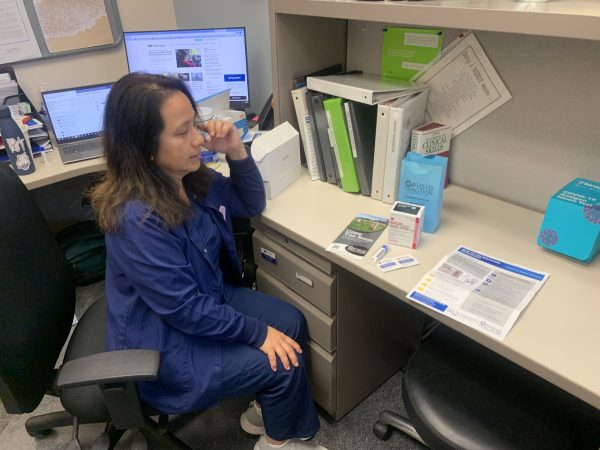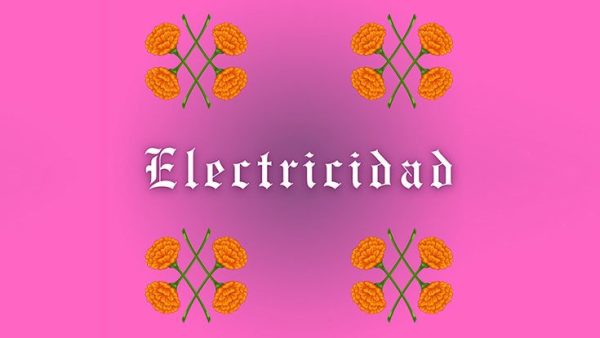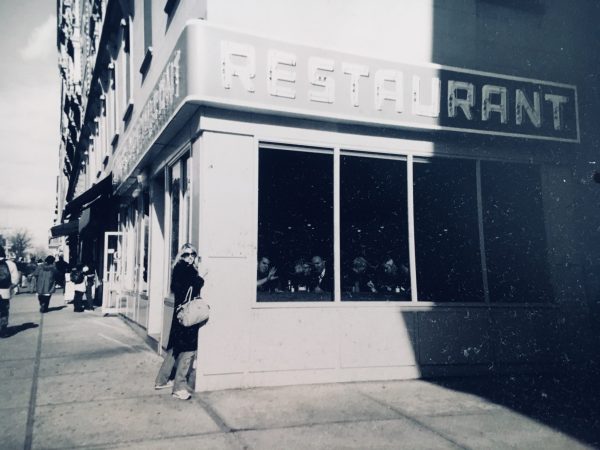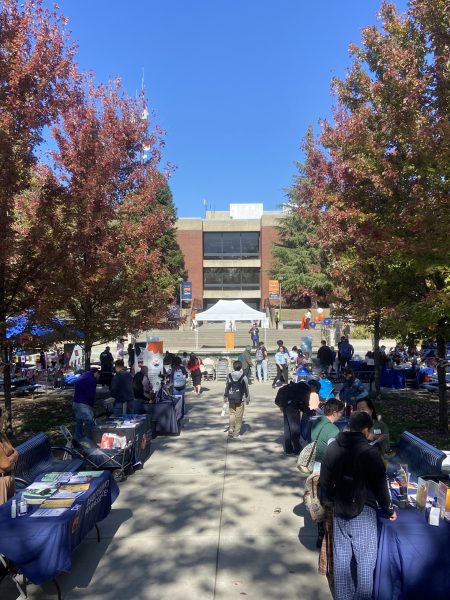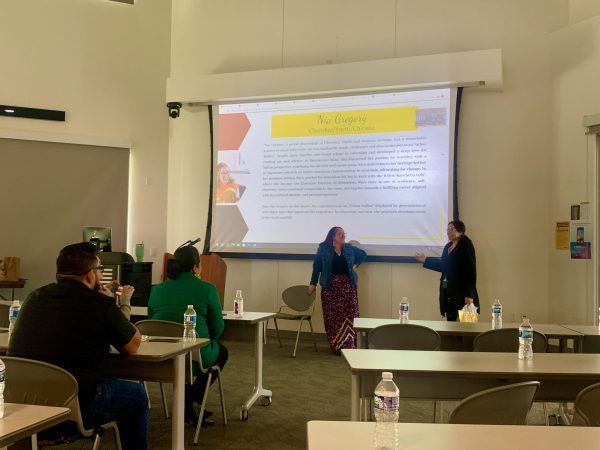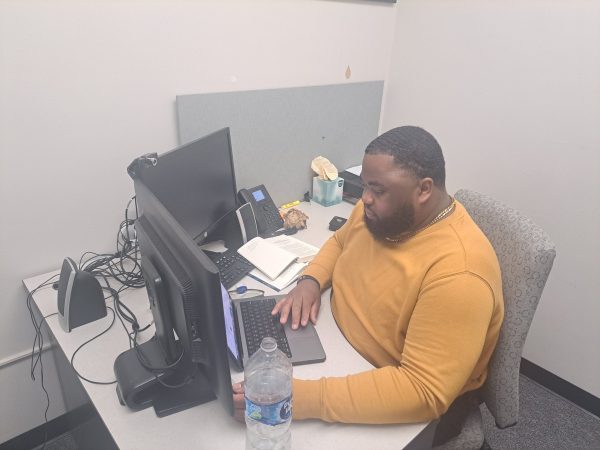Safe Spaces program offers support to students
The door of the kinesiology, health education, and athletics department at Cosumnes River College bears the Safe Space sticker, showing that faculty and administration in this department are allies of the program.
April 1, 2014
While students roam around the Cosumnes River College campus, they are bound to see the “Safe Space” stickers posted on many professors’ office doors and windows.
Those blue and orange stickers indicate that behind that door is a place where anyone can open up and get help for any issues they may be encountering on campus or off.
Safe Spaces is a program developed on campus by anthropology Professor Anastasia Panagakos.
Safe Spaces aims to abolish any bias or intolerance happening on campus with no regard to a person’s sexual orientation, race, religion or any other possible ‘X’ factor, according to the Safe Spaces page on CRC’s website.
Panagakos shared that her goal was, “to help promote a positive and bias-free learning environment for students and to offer support to anyone on campus who feels they have been discriminated against.”
The program works with the campus’ administration, counseling center and police department if necessary, according to their page on the school’s website.
“My goals for working with Safe Spaces is for access to individuals who need help, someone to talk with, or a place to go without a sense of judgment,” said Estella Hoskins, a CRC counselor. “I got involved for the same reason I became a counselor. The need for openness, acceptance, resources and a spirit of giving in an environment that we endeavor to establish as free of bias, discrimination, harassment and/or abuse. “
Panagakos opened up about why she got involved with Safe Spaces.
“I thought it was important to promote the idea that students or staff that do not feel safe on campus have a place to go where they do feel safe,” she said. “Not every issue is a matter for the police, the counselors or the administration. It is important for students to know that there are people on campus who are willing to listen and help without judgement.”
Counselor Lynn Fowler also spoke on why she got involved.
“I became involved because I experienced harassment as a young person and I remember how difficult it was to feel there was no place to go at school where I could feel safe, until I had a teacher who stood up for me.” Fowler said. “So my interest in involvement was basically so that other young men and women would know the wide variety of people and places on campus where they could be assured of a safe space.”
So, what kind of problems can Safe Spaces deal with?
Whatever you are struggling with, Safe Spaces is a good jumping off point for resolving it.
“I have helped both students and staff. Some issues included helping a student find the right resources for domestic abuse and discussing with another student issues of sexual orientation and perceived bias in a classroom setting,” said Panagakos.
Panagakos explained what the Safe Space faculty does.
“Sometimes, Allies, what we call people who have the sticker in their workplace, just listen, sometimes we are required to take action, and other times we are there to provide information for people to get help that we can’t provide,” she said.
The Safe Spaces page can be found on CRC’s website under support services.
Once you get there, finding someone to talk to is easy.
There is a link with a map of designated safe spots all around campus with names and locations, making it simple for individuals to find a faculty member who they feel best suits their needs.

